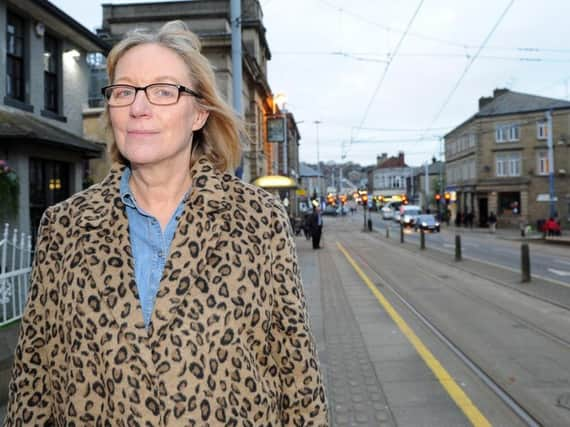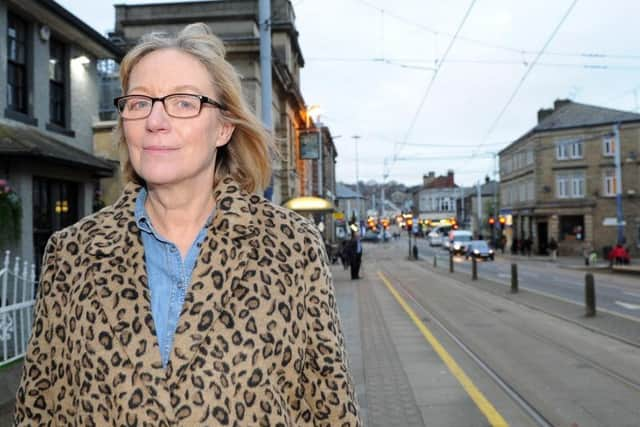'Upskirting' law needed, says Sheffield MP


The despicable act of filming up women's skirts or down their blouses - known as 'downblousing' is not a specific sexual offence in England and Wales, though culprits have been prosecuted under other legislation.
There are growing calls for new legislation to be brought in, as has already happened in Scotland, to make it easier to bring offenders to justice.
Advertisement
Hide AdAdvertisement
Hide Ad

A bill which aims to make 'upskirting' a sexual offence in England and Wales is due to be debated in parliament next month.
Speaking today in the Commons, Sheffield Brightside and Hillsborough MP Gill Furniss said: ""Almost 100,000 members of the public have signed a petition calling for upskirting to be made a specific sexual offence and MPs from all major parties have signed an early day motion calling for the same.


Justice secretary David Gauke responded by saying there was a 'strong case' for looking at change in legislation, though he pointed out people had already been prosecuted for 'upskirting' under existing laws in England and Wales.
"I'm sympathetic to us taking action in this area. There are offences where people have been successfully prosecuted for upskirting in terms of outraging public decency and also voyeurism can apply under the sexual offences act," he said.
He added that he believed there had been only a 'very small number' of prosecutions brought under the new legislation in Scotland.
